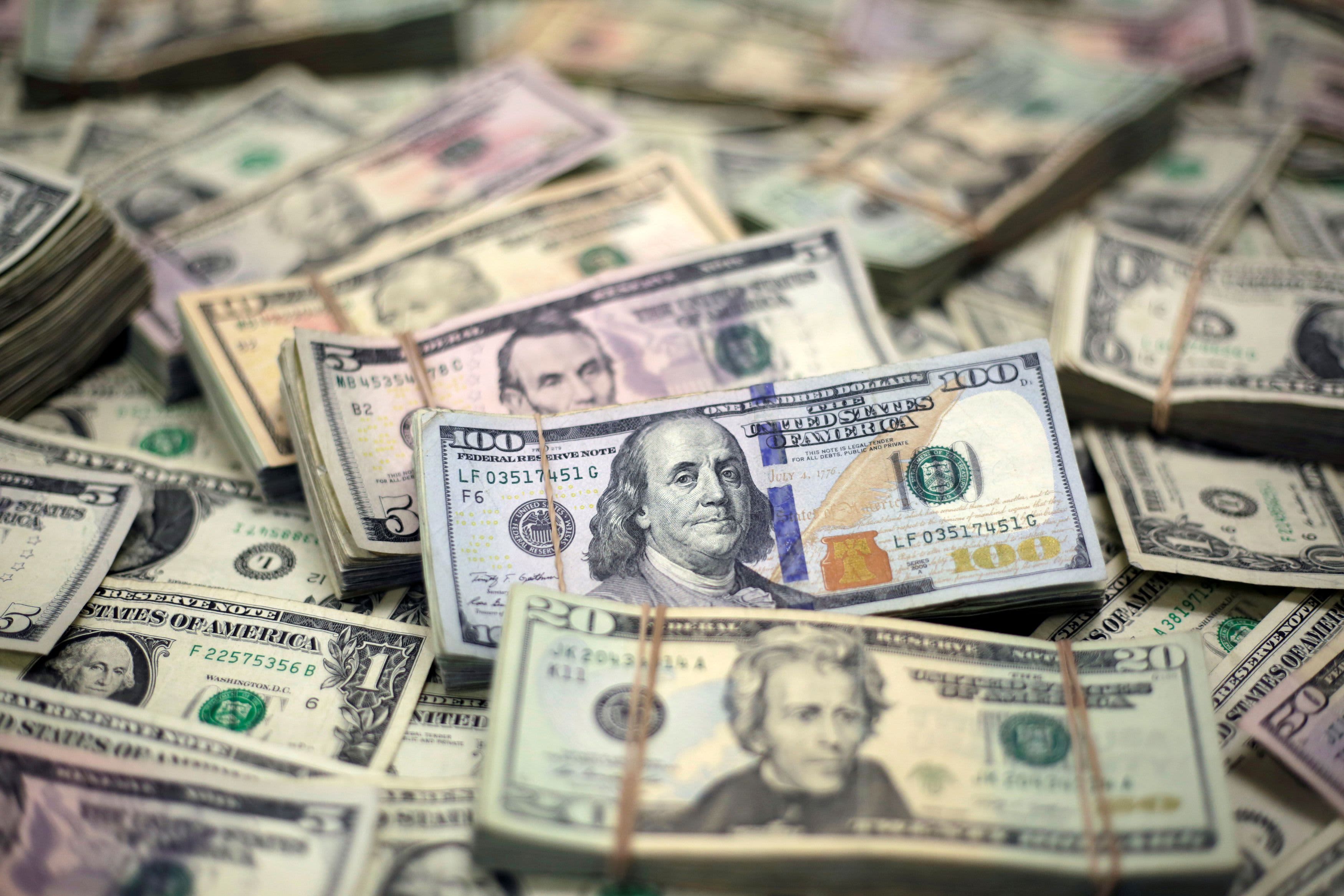Criminals have stolen close to $100 billion in pandemic relief funds, the U.S. Secret Service said Tuesday.
The stolen funds were diverted by fraudsters from the Small Business Administration’s Paycheck Protection Program, the Economic Injury Disaster Loan program and a another program set up to dole out unemployment assistance funds nationwide.
More than $2.3 billion in stolen funds have been recovered so far, resulting in the arrest of more than 100 suspects who span the spectrum from individuals to organized groups, according to the agency. The government has shelled out about $3.5 trillion in Covid relief money since early 2020, when the pandemic began.
The Secret Service, which specializes in financial fraud in addition to its better-known role in presidential protection, also announced the appointment of a new national pandemic fraud recovery coordinator to oversee its sprawling investigations into the enormous number of fraud cases resulting from all that theft.
“I’ve been in law enforcement for over 29 years and worked some complex fraud investigations for 20 plus years, and I’ve never seen something at this scale,” said Assistant Special Agent in Charge Roy Dotson, who was named to the new role at the agency.
Dotson, in an interview with CNBC, said the ease of obtaining the funds has made it easier for criminals.
“There’s no doubt that the programs were easily accessible online. And so, with that, comes the opportunity for bad actors to get into that mix,” he said. “It was necessary to try to get these funds out to people that were truly hurting, and no fault of anybody.”
The Secret Service currently has more than 900 active investigations related to pandemic fraud, Dotson said.
“It’s a wide range because the pot was so big,” Dotson said. “You not only have your typical transnational organized groups and domestic organized groups, criminal groups, but you have individuals that decided to take advantage of that. So, there’s many different patterns and investigative intelligence that we develop that I can’t really go into. But we’ve mapped out kind of some of the different characteristics of different groups.”
In his new role, Dotson. who is based in the Jacksonville field office, is also overseeing investigations related to cryptocurrency fraud. In those cases, criminals typically persuade victims to transfer funds into crypto wallets which are used for illegal schemes or open bank accounts which are used to launder money.
“I would say the primary difficulty is the sheer scope of the amount of fraudulent you know, loans, or unemployment insurance benefits ever distributed,” he said. “And the number of individuals that receive those, whether they were a money mule, or the actual recipient is just enormous.”
The government quickly rolled out the Paycheck Protection Program and the Economic Injury Disaster Loan program last year to help small businesses. Both programs have been plagued with problems. A report from a Labor Department inspector general blamed inadequate controls for billions of dollars in potential fraud.
The fast rollout of the Pandemic Unemployment Assistance program made it easy prey for fraudsters. The Labor Department’s Office of Inspector General, in a report released in March, said that at least $89 billion of the estimated $896 billion in unemployment program funds “could be paid improperly, with a significant portion attributable to fraud.”
CNBC confirmed earlier this year that tech-savvy fraudsters opened accounts with at least four online investment programs, according to law enforcement officials. The digital platforms, investigators said, are easy to dump the money into by setting up accounts with stolen identities.
More than $100 million in fraudulent funds passed through investment accounts since Congress passed the CARES Act last March, according to authorities.
